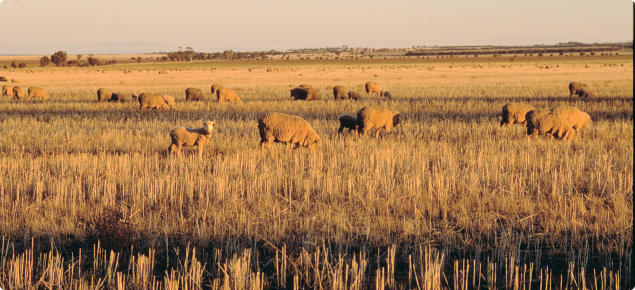It will develop and utilise representative farms in the Medium Rainfall Zone (Woolbelt) and Cereal Sheep Zone (Wheatbelt) to determine the impact on three key sheep enterprise types in those zones. Scenarios under a drying climate will be modelled for these mixed systems that include meat (lamb and mutton and live-export) and wool production in conjunction with a predominantly cereal based cropping system.
The adoption phase will incorporate the outcomes of the modelling and involve partnering producers across the regions with other producers who are currently farming in a similar environment to that of the expected changes.
This project has been designed to complement the existing NEXUS Program by adding Western Australian Mediterranean farming systems to its suite of analyses including economic, productivity and greenhouse gas modelling and with a strong emphasis on a program of adoption activities that will build knowledge, skills and practice change.
Outcomes:
- Climate scenario modelling for each case study location that forecasts pasture growing conditions in 2030 and 2050.
- Economic analysis calculating future profitability under modelled climate change projections comparing current practises and possible adaptation strategies (feedbase, animal genetics and management, farm systems, enterprise mix).
- Calculated greenhouse gas emissions on each case study farm for a range of sheep production systems now and projected in 2050 based on climate predictions.
- Evaluated how sheepmeat supply chains from farm to the processing entry point may be impacted by future variations to the farm systems in WA changes in an increasingly variable climate.
- Intensive adoption program looking at business enterprise mix adoption to fit with the changed climate and productivity.
Funding: Department of Primary Industries and Regional Development, Meat & Livestock Australia Donor Company
Start/finish date: 1 July 2021 – May 2024

